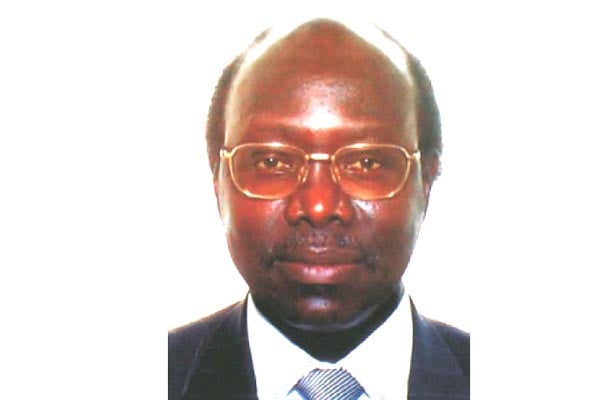Is govt out of touch with Ugandans?

Author: Harold Acemah. PHOTO/FILE
What you need to know:
- ‘‘Uganda has unfortunately degenerated into a tale of two countries, one rich, prosperous, happy and well catered for.”
On July 20, Sabalwanyi addressed the nation on burning issues, including the dire economic crisis facing most Ugandans and a deteriorating security situation. Ugandans expected him to announce concrete and credible measures to solve many serious problems facing millions who are starving in places such as Karamoja where hundreds of people have died, or are dying, of hunger and malnutrition.
Against this background, much was expected by wananchi from the President on Wednesday. Did he deliver or did he not? That is the six million dollar question.
According to a story titled, ‘Museveni offers no solution to rising commodity prices’ published in the Daily Monitor of July 21, President Museveni provided no short-term solutions to the skyrocketing fuel and food prices Ugandans are grappling with. While invoking the Bible, he said Ugandans should take the narrow path which would lead them to salvation.
Sabalwanyi argued unconvincingly that government interventions, such as cutting taxes or giving subsidies, would mislead Ugandans to continue to consume without economising, thus plunging the country into more trouble.
“Because when we subsidise, people will continue buying more and more. You will create an artificial comfort to the people for them to think things are normal when they are not normal and you do that by bleeding yourself,” he said.
Most Ugandans feel that their government is out of touch with the objective realities which wananchi face daily. In our sister and neighbouring country of Kenya, President Uhuru Kenyatta, who appears to empathise with wananchi, has done the exact opposite of what is happening in Uganda.
President Kenyatta has given Kenyans a fuel subsidy, reduced the cost of household electricity by 15 per cent, reduced prices of cooking gas and drastically reduced the price of maize flour.
Many Ugandans are wondering why their own government has adamantly and stubbornly refused to follow the lead and good example of the government of Kenya. I believe the answer lies in the presence or absence of good leadership.
If good leadership is “the art of motivating a group of people to act toward achieving a common goal” President Kenyatta has motivated and is, in fact, motivating Kenyans to work hard to achieve the economic, social and other goals his government has set for Kenya.
Many countries, developed and developing, have made similar interventions to assist citizens cope with life during difficult times.
Uganda has unfortunately degenerated into a tale of two countries, one rich, prosperous, happy and well catered for; and another country which is poor, despised, desperate, miserable and neglected.
Most Ugandans I have talked to in the greater north, especially in West Nile, feel that the government does not really care about the plight and suffering of wananchi. Three key sectors which affect and touch the lives of the vast majority of Ugandans, namely education, agriculture and health, are in a shambles because they are not government’s priority and are grossly underfunded.
I would like to urge Parliament as the voice of the people of Uganda to take the initiative and seize the opportunity to come to the rescue of Ugandans, especially wananchi because Uganda’s number asset is her human resources, most of who are desperate and helpless and need a compassionate and helping hand to face ongoing challenges.
Let us be our brother’s keeper and not adopt the callous and negative attitude called individualism which is contrary to traditional African culture and values. There is a time for everything. Let us keep the faith and keep hope alive.
Mr Acemah is a political scientist and retired career diplomat. [email protected]




